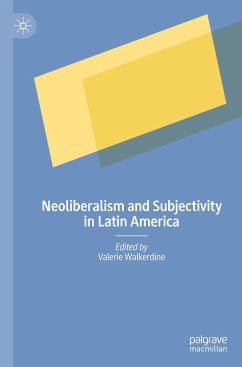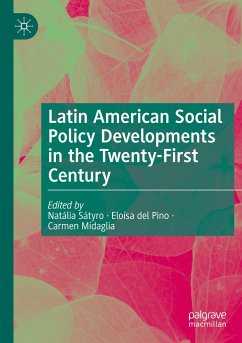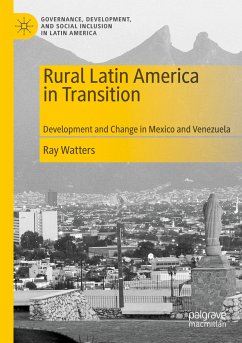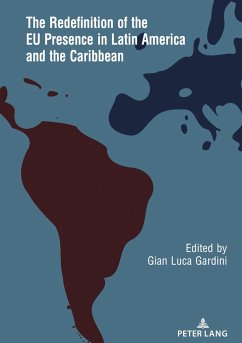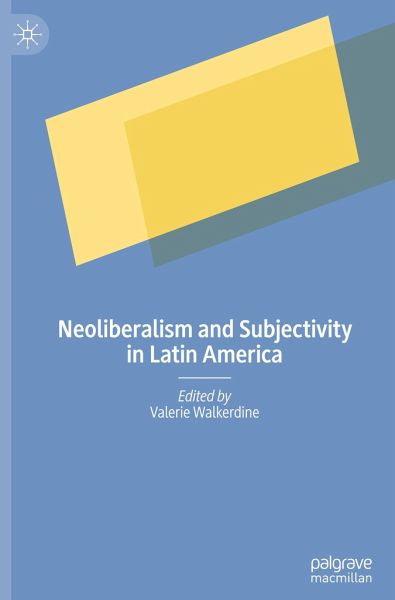
Neoliberalism and Subjectivity in Latin America

PAYBACK Punkte
42 °P sammeln!
This book examines subjectivity and neoliberalism in Latin America. The chapters, first published in the journal Subjectivity, cover a range of topics, from work to childcare to violence to university education In the Introduction, Julian Medina Zarate and Flavia Uchoa point out the complex history of the arrival and take-up of neoliberalism across the continent, the deep-seated role of colonial and post-colonial violence, thus the specificity of modes of governance in the complex relationship between the North and the South. The chapter by Antar Martinez Guzman considers the role of neolibera...
This book examines subjectivity and neoliberalism in Latin America. The chapters, first published in the journal Subjectivity, cover a range of topics, from work to childcare to violence to university education In the Introduction, Julian Medina Zarate and Flavia Uchoa point out the complex history of the arrival and take-up of neoliberalism across the continent, the deep-seated role of colonial and post-colonial violence, thus the specificity of modes of governance in the complex relationship between the North and the South. The chapter by Antar Martinez Guzman considers the role of neoliberalism in the huge rise in male violence across the country, exploring hyper-violent masculinities in the context of social precarity. Antonio Stecher and Alvaro Soto Roy discuss the transformations in work identities and thus the consequences for subjectivity for workers in three kinds of employment in neoliberal Chile. Fabio d'Oliviera studies phsychologists operating in an increasingly precarised service sector in public assistance programmes in Brazil. Hernan Pulido Martinez explores the role of artefacts in the introduction of discourses and practices related to quality within a university in Colombia. Ana Vergara discusses parent-child relations in the context of neoliberal Chile.





